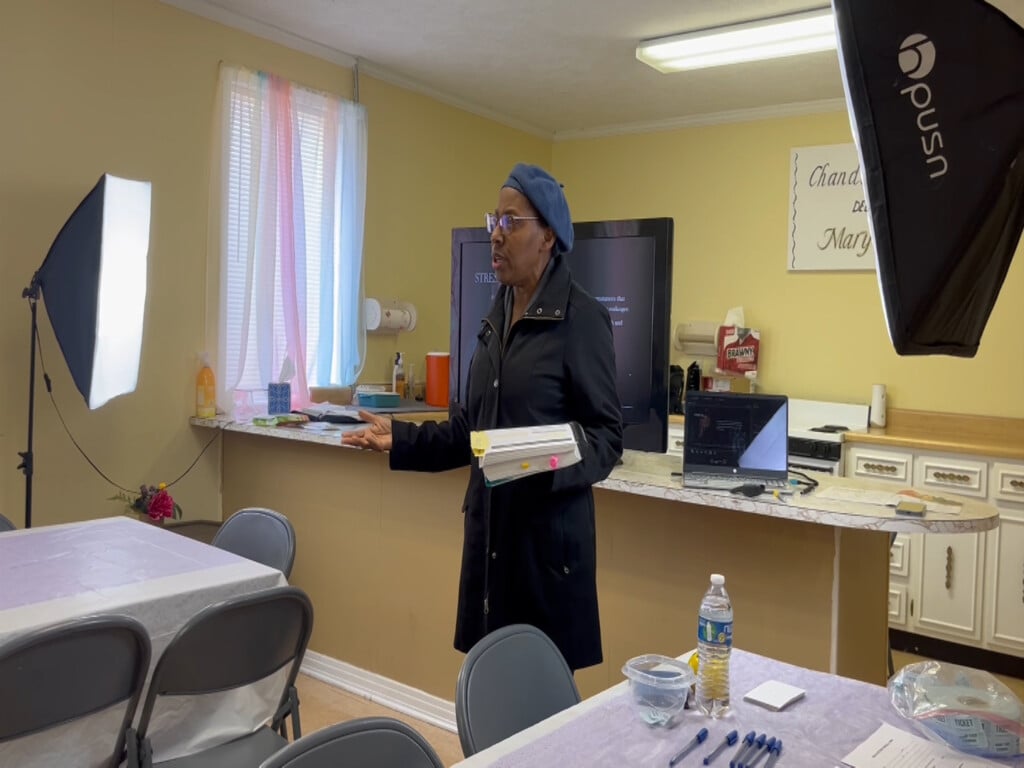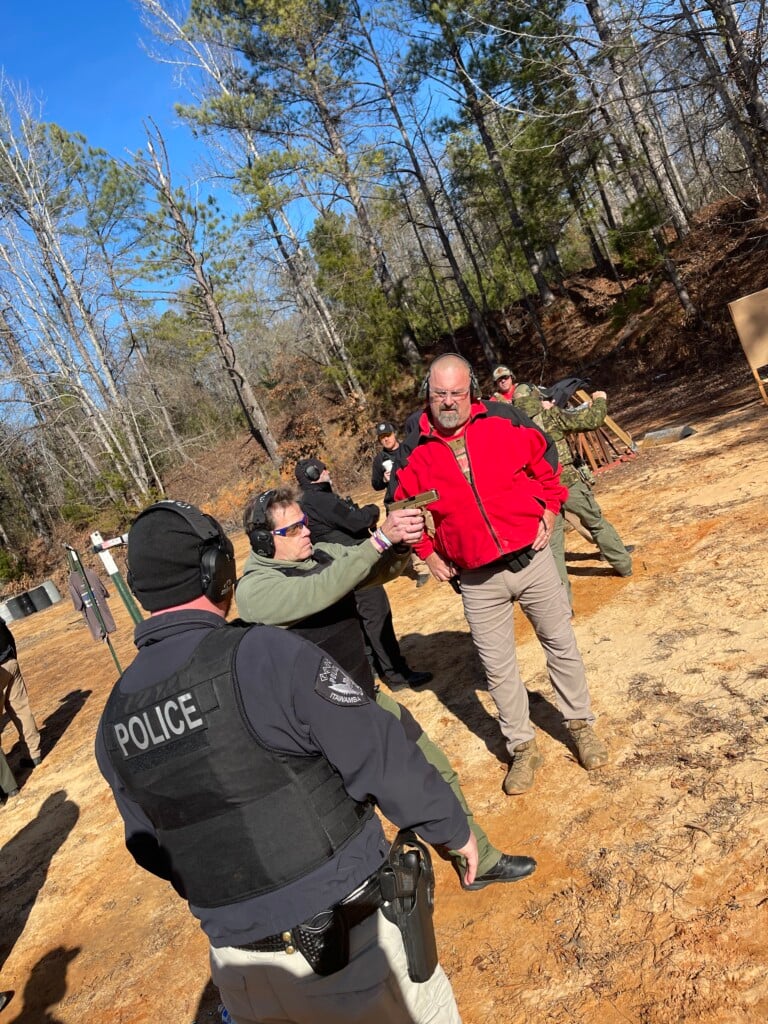The work that goes into capital murder cases
LOWNDES COUNTY, Miss. (WCBI) – Capital cases like the Starkville Labor Day Murders are some of the most time consuming and difficult cases to build.
District 16 District Attorney Scott Colom has four pending capital murder cases in his jurisdiction.
Colom said the extra work that goes into these cases often means it takes longer for them to get to trial.
In nearly four years as District Attorney, Colom has taken one capital case to trial.
He said that’s largely because of the extensive investigation to make sure they have the right person, and the extra preparation to build a solid case.
It’s not too much to say that capital murder cases can be a matter of life and death for the defendant and with the death penalty on the table, these cases come with their own special set of circumstances to consider.
“One of the big parts is typically, there’s going to have to be a mental evaluation to determine whether the defendant is eligible for the death penalty. The courts usually have to have school records and medical records to determine whether there needs to be a mental evaluation.”
A lot of background research is done to determine if the death penalty is the appropriate punishment for the crime and the person accused of committing it.
“When you’re talking about death penalty, you have to look at mitigation and aggravation as to whether the person should get the death penalty or not, so that takes a lot of research and investigation into the person’s background, prior felonies, prior accusations, school records, things that may have happened to them.”
There’s also another factor that comes into play with these cases.
Colom said often a capital case isn’t going to be tried where the crime happened.
“The courts want to make sure that you get an impartial jury making that decision. So, there’s a lot of research that has to go into what county and what’s the appropriate county and then arranging that.”
By Mississippi law, prosecutors have to share everything with the suspect’s defense team, months before the trial.
“Start off with the verdict of proving they are guilty and the first way you do that is through discovery and giving them and their lawyer the evidence to show them the strength of the case that you have against them, but it still is ultimately up to them whether they want to have their Constitutional right for us to prove that they’re guilty to a jury.”
Colom said whether a defendant admits guilt and takes a plea deal or wants a jury to determine their fate, prosecutors always prepare for a trial.
If the defendant is found guilty and receives the death penalty, a new phase begins.
“For example, if somebody is given the death penalty, it’s a long appeal process. It’s not like the person gets executed within a year or two. It’s twenty to thirty years of appeal process and sometimes, victims can be frustrated by that so you want to make sure they understand it’s not an easy or short process.”
Colom said with the Labor Day Murder cases being nearly 30 years old, it’s a priority to get the case prosecuted as quickly as possible.





Leave a Reply